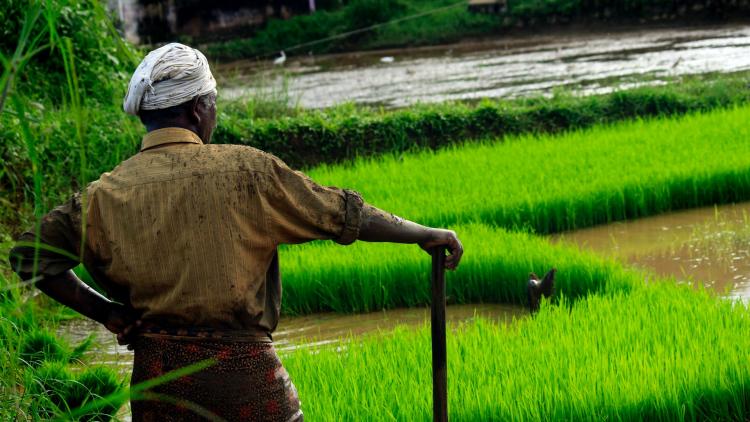Famine and food security

Key information
- Status
- Module not running
- Module code
- 15PDSH022
- FHEQ Level
- 7
- Credits
- 15
- Department
- Department of Development Studies
Module overview
In many ways, access to food represents one of the most basic development problems. This module considers food security as the desired outcome of not only local livelihood choices and strategies, but also government policy, development strategies, and global distributions of power. All of these factors impact the range of possible steps that can be taken to ensure a reliable supply of food. As such, food security is considered to be the lens through which wider livelihood and human security is achieved.
This module will examine theoretical and methodological approaches to understanding food (in)security and famine. Starting from the basic premise that food insecurity is a failure of access, and as such is a political, economic and social construct, critical perspectives on the factors that restrict people’s access to food will be considered. The myriad practices that people engage in to help themselves to achieve food security and to prevent famine will be a major focus of the module. Covering a wide geographical, historical, and thematic scope, readings, discussions and exercises will address current debates concerning the causes and dynamics of food insecurity and famine as well as critical analysis of interventions aimed at improving food security and/or preventing famine.
Objectives and learning outcomes of the module
At the end of the module, students should be able to:
- Discuss the historical development of theoretical approaches to food insecurity, from Malthus to Sen to contemporary livelihoods theory.
- Identify the main components of food security and the mechanisms that must be in place to ensure equitable and sustainable access to food.
- Describe the political and economic processes by which food insecurity has led to famine in several historical examples from around the world.
- Recognise the main indicators of food insecurity and describe their use in early warning systems currently being used.
- Identify coping and distress strategies that food insecure people commonly employ to mitigate risk and withstand shocks.
- Explain how the international food aid system typically works, the role that political considerations may play in relief, and the shortcomings of these systems.
- Apply knowledge of hazard impacts, coping strategies and assistance frameworks to thinking about potential kinds of assistance that might not only relieve immediate food needs but promote recovery in the longer term as well.
Workload
Teaching takes place through a weekly 2 hour seminar.
Method of assessment
100% coursework. Each student will be expected to submit one essay worth 80% and an article review worth 20% of the overall grade. Resubmission of coursework regulations apply.
Disclaimer
Important notice regarding changes to programmes and modules


